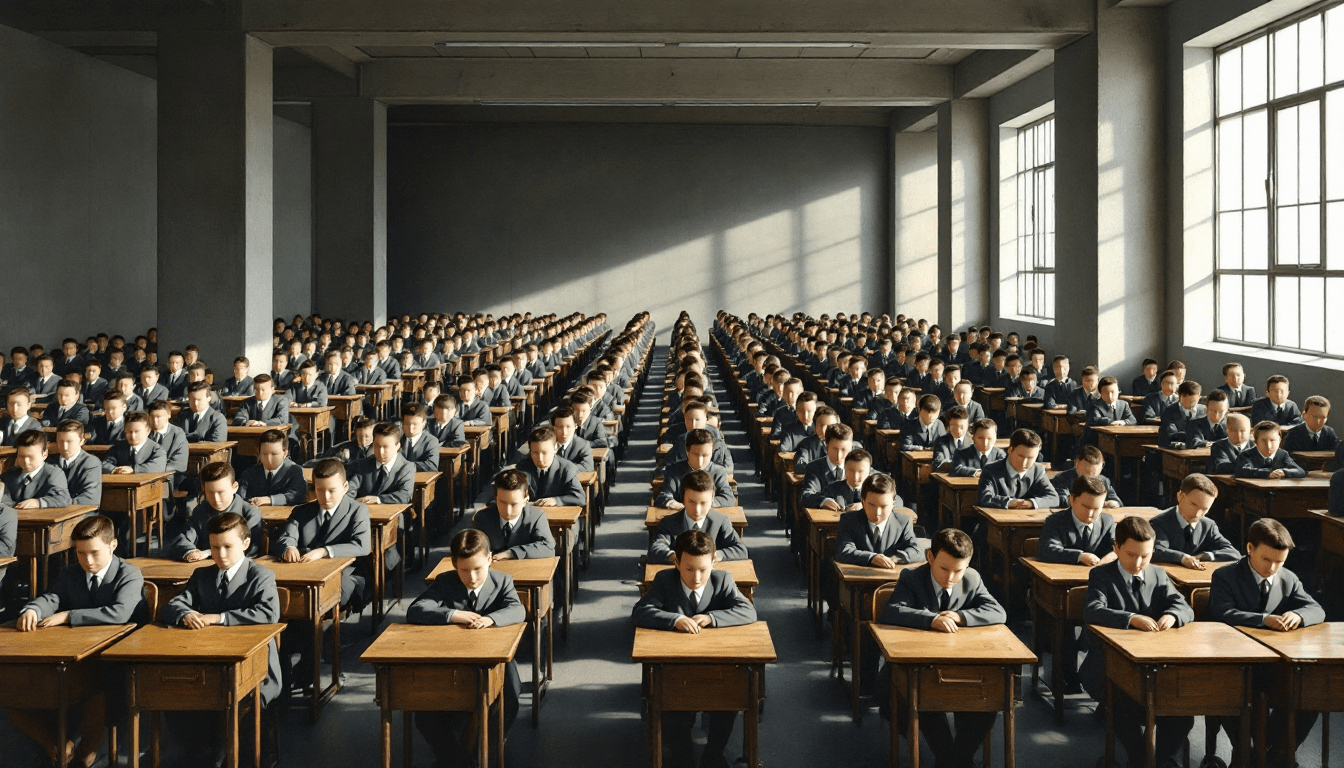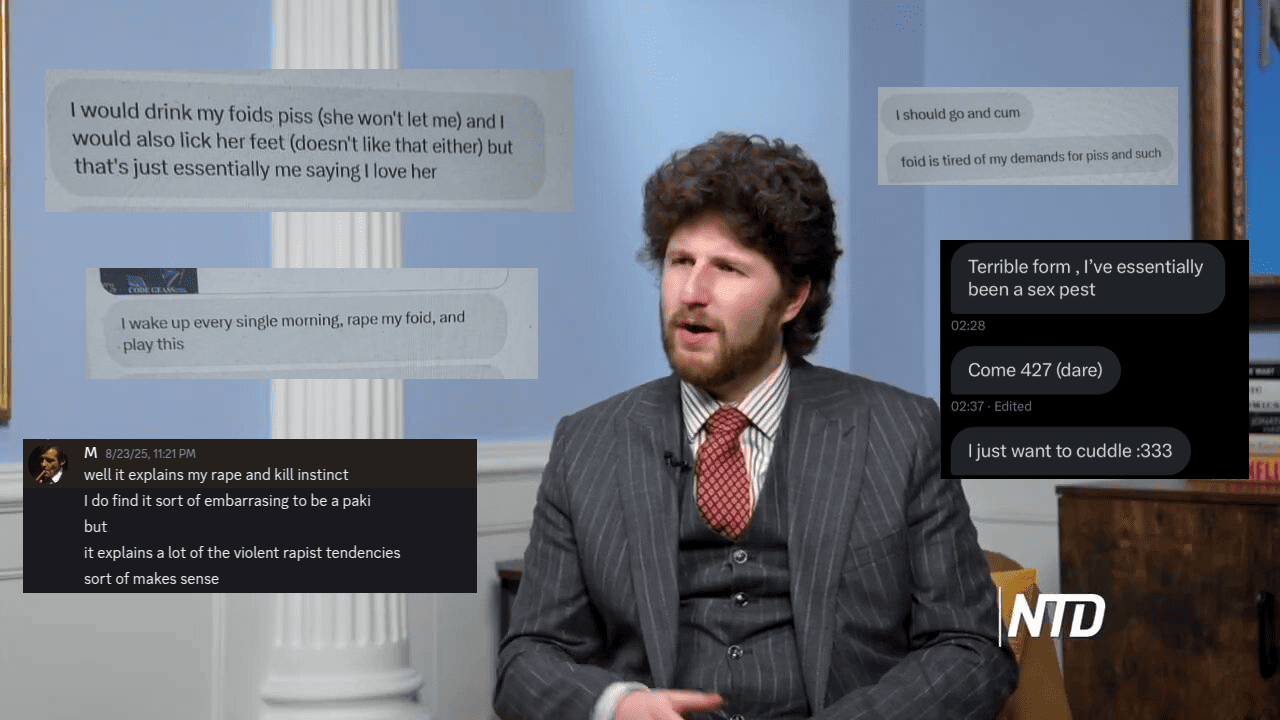From Socialist Comprehensives To Individualised AI Homeschool
During WWII the State quietly assumed complete control over education, allowing Wilson's government to turn it into a communist project for education unions. Boys have already replaced teachers with YouTube, video games, and AI models. The future is personal AI homeschool and sports/arts centres.






